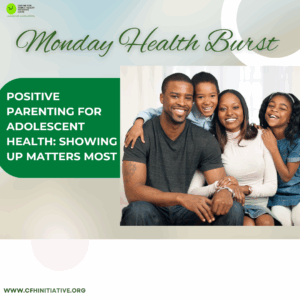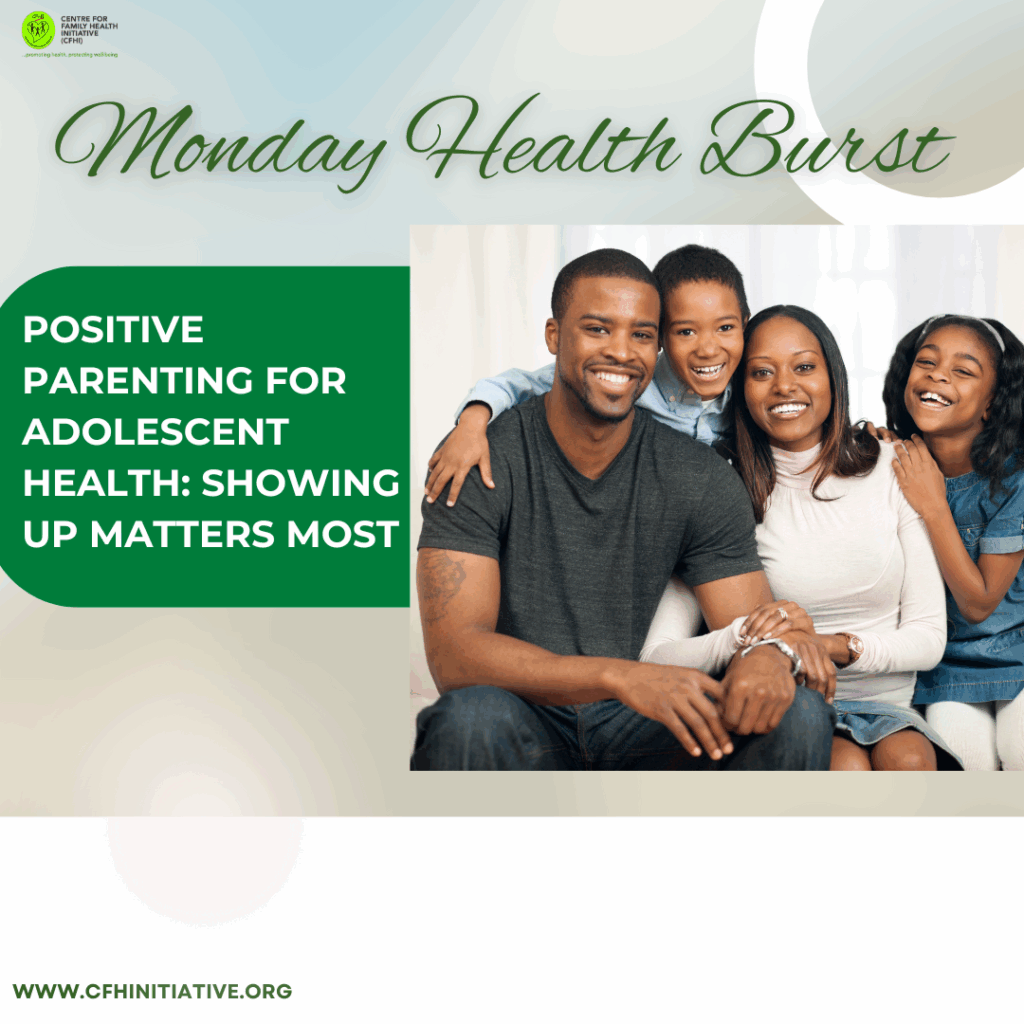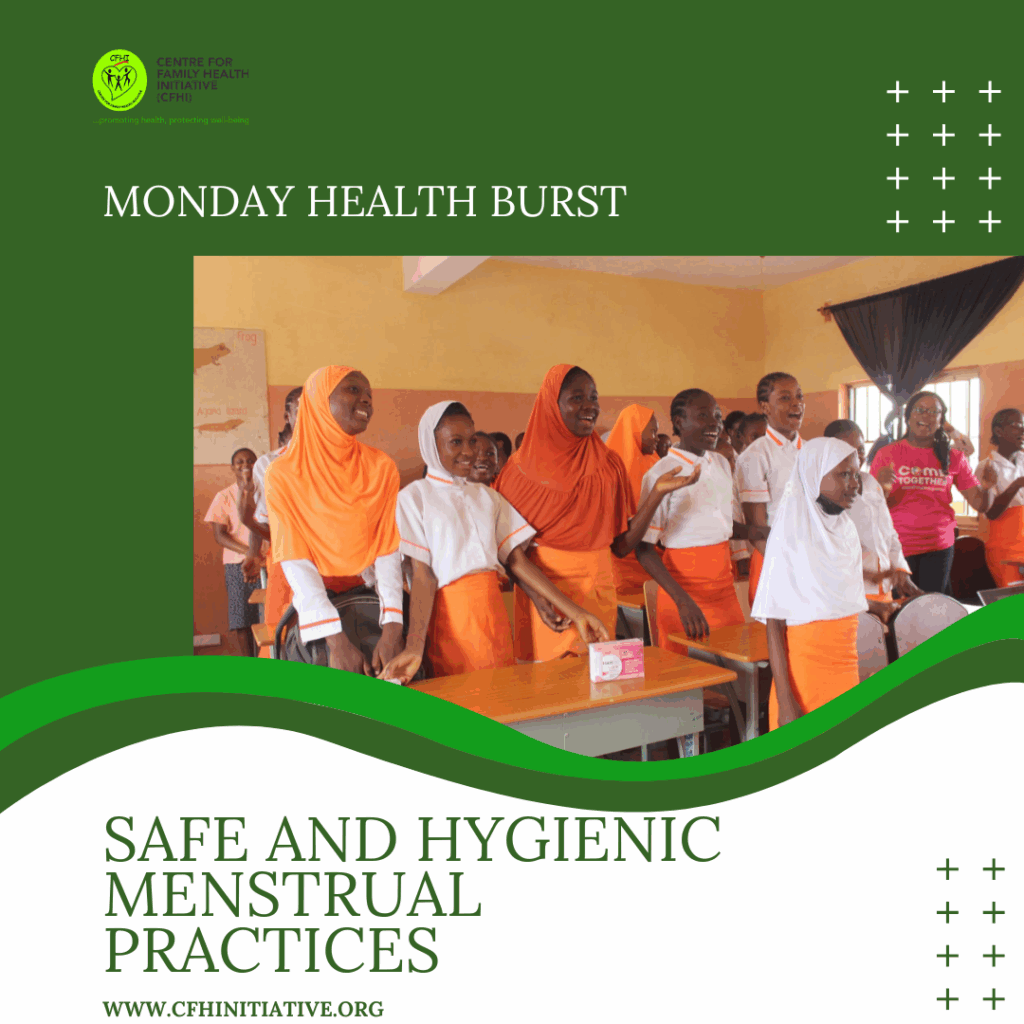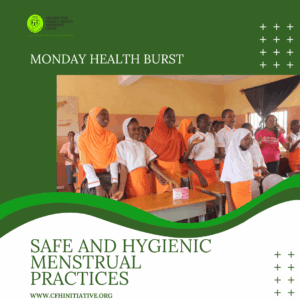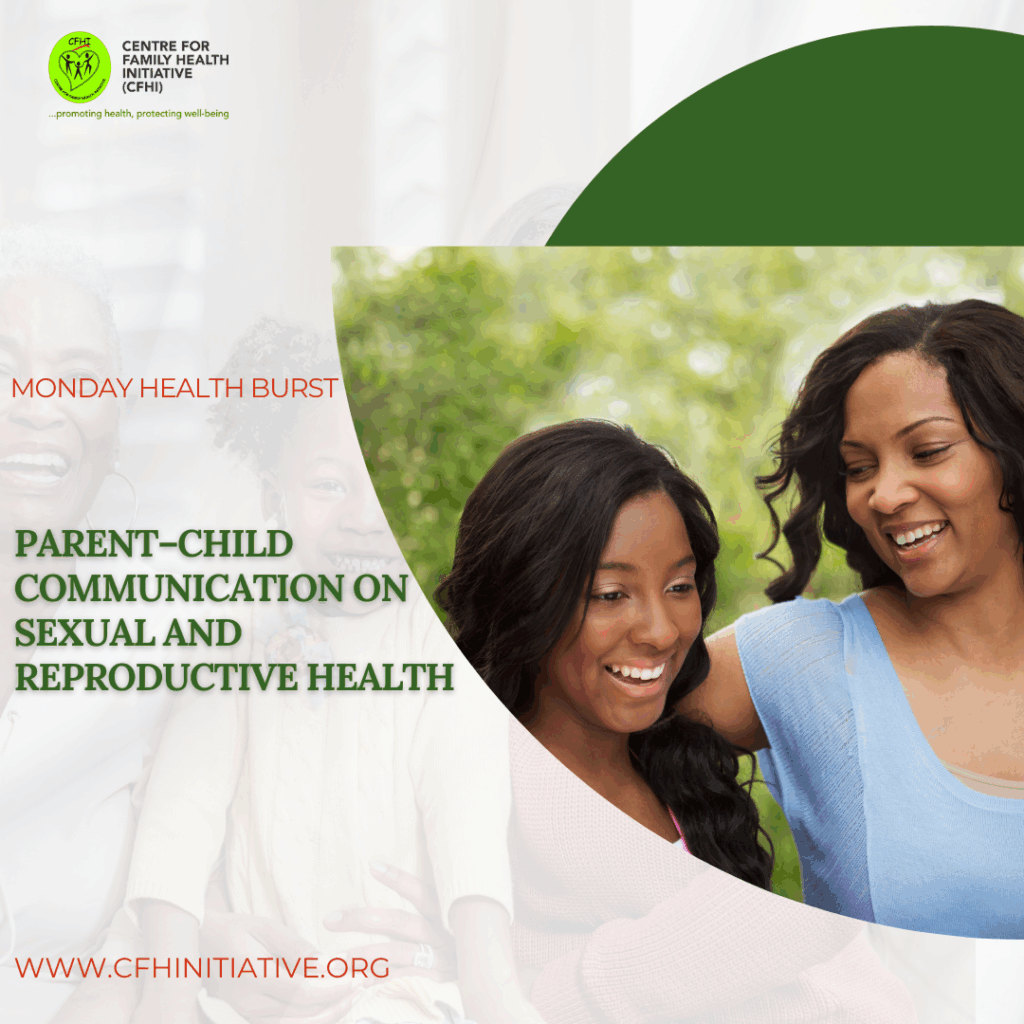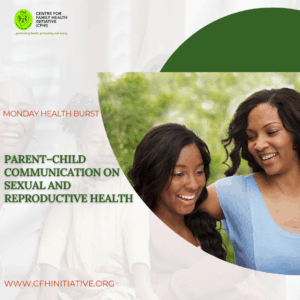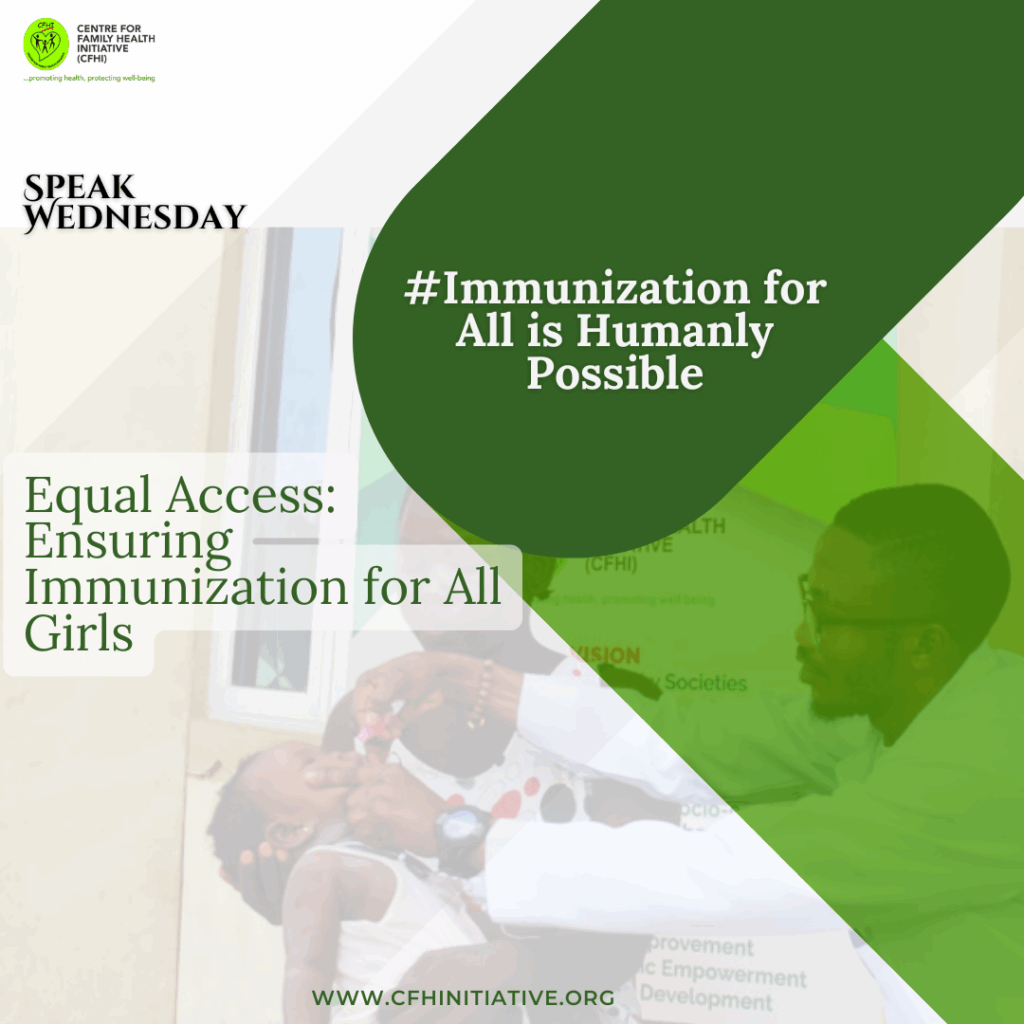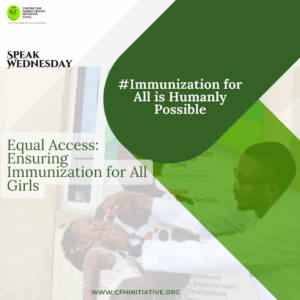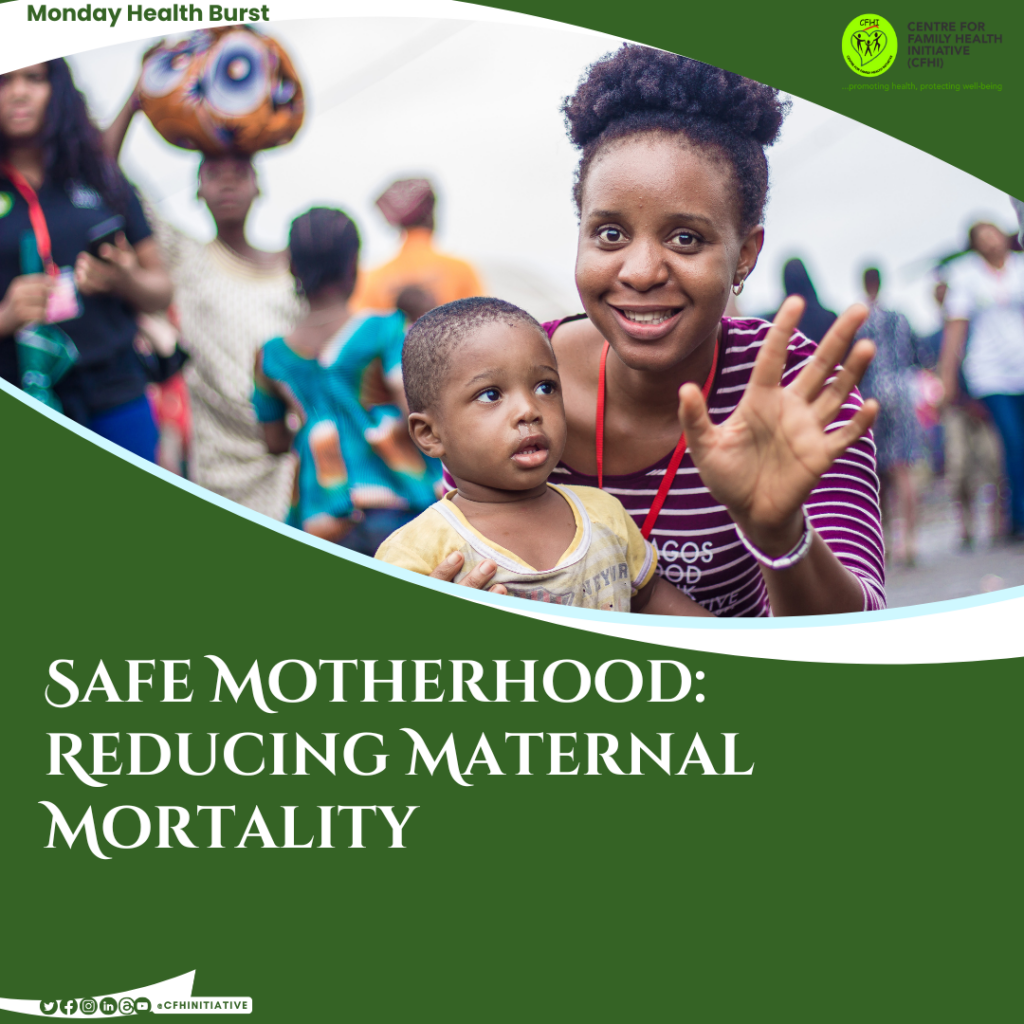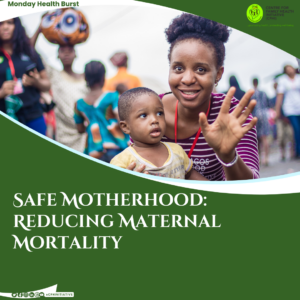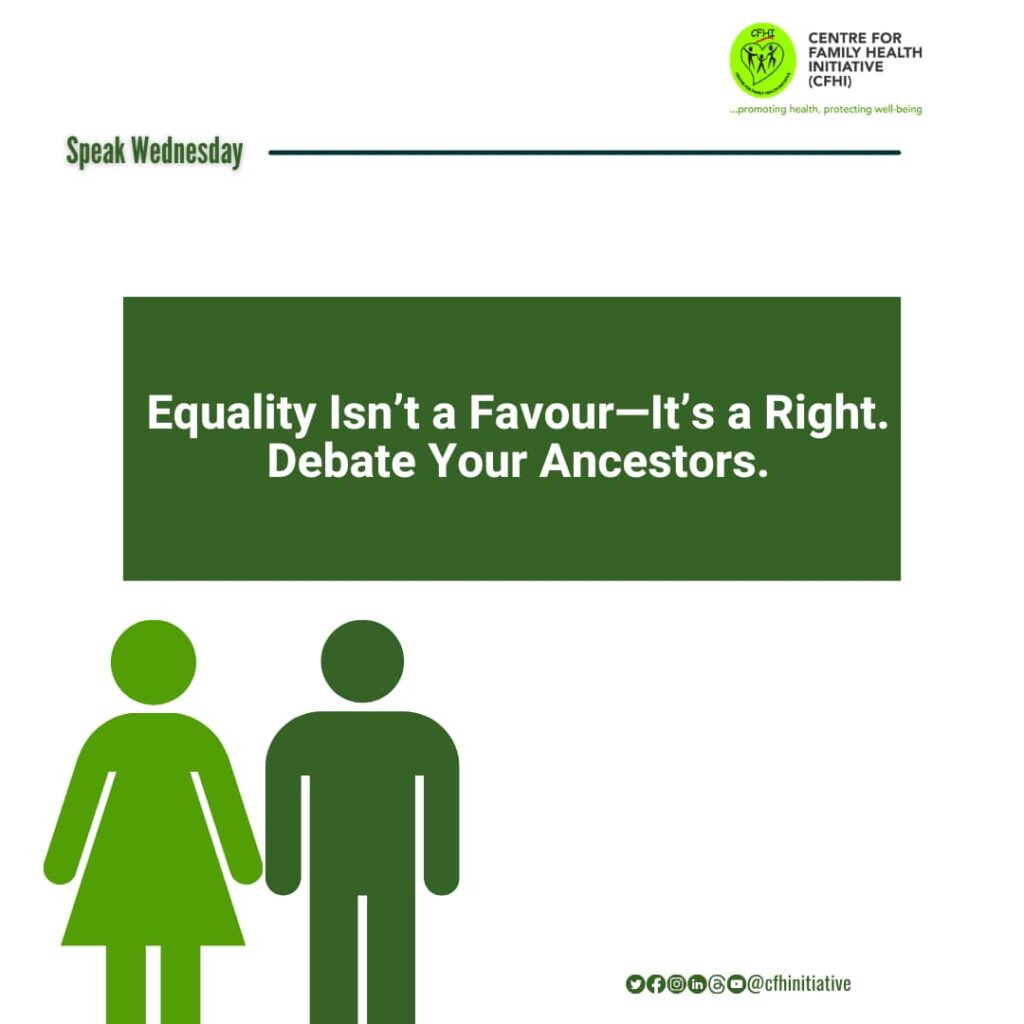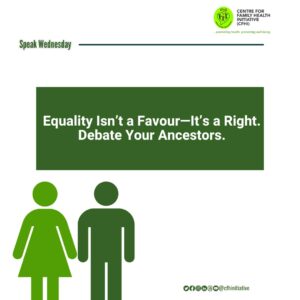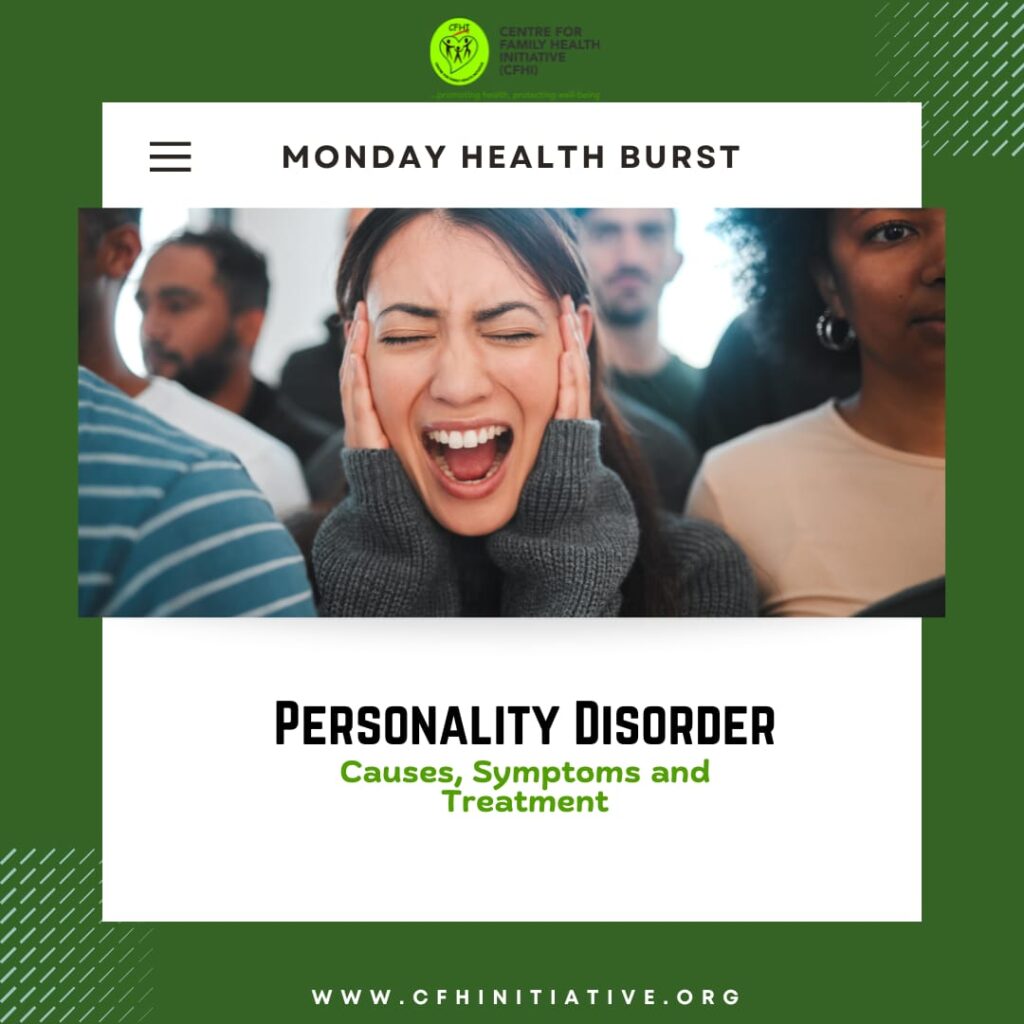Water is life but for millions of Nigerian women and girls, the lack of clean water is a daily struggle. From trekking long distances to fetch water to missing school due to poor sanitation, the water crisis disproportionately affects women and girls in underserved communities.
According to UNICEF, only 26.5% of Nigerians have access to safe drinking water. In rural areas, this percentage drops even lower, putting millions at risk of disease, gender-based violence, and lost opportunities. Here’s how:
1. The Endless Walk for Water
In many rural communities, girls and women wake up before dawn to trek several kilometres just to fetch water from streams, wells, or boreholes. This daily routine robs them of valuable time that could be spent in school, learning skills, or earning an income.
In places where access to safe water is critically low, the burden of water collection falls almost entirely on women and girls, reinforcing gender inequality.
2. Dirty Water = Sickness and Death
Many families in underserved communities rely on contaminated water from rivers, ponds, and unprotected wells. This exposes them to waterborne diseases like cholera, typhoid, and diarrhea—illnesses that claim thousands of Nigerian lives every year.
The 2023 cholera outbreak in Nigeria affected more than 30,000 people, with women and children among the most vulnerable (NCDC, 2023). Unsafe water is a silent killer, and Nigerian women and girls are on the frontlines.
3. Period Poverty Keeps Girls Out of School
Menstrual hygiene is a huge challenge when there is no clean water to wash, and no proper toilets in schools. In many parts of Nigeria, girls miss school during their periods because of stigma, lack of sanitary products, and poor sanitation facilities.
According to UNESCO, about 1 in 10 Nigerian girls drop out of school due to period poverty. If we want to keep girls in school, we must ensure access to safe water and proper toilets in schools.
4. Increased Risk of Sexual Violence
Fetching water is not just exhausting but can also be dangerous. In many parts of northern Nigeria and conflict-affected areas, women and girls risk harassment, assault, and even abduction when they have to fetch water from distant or unsafe locations.
The Global Water Institute reports that women in IDP (Internally Displaced Persons) camps are particularly vulnerable, as they often must leave their camps to fetch water, making them targets for sexual violence.
5. Household Responsibilities Multiply
In Nigerian culture, women are traditionally responsible for household chores including cooking, cleaning, and caring for children. When water is scarce, these tasks become even harder, doubling their unpaid labour and leaving them with little time for education or economic activities.
6. Lost Economic Opportunities
When women spend hours fetching water, they lose valuable time that could be used for income-generating activities. Many women in rural Nigeria engage in farming, trading, or small businesses, but without access to water, their economic potential is stifled.
According to the World Bank, increasing women’s access to water and sanitation could boost Nigeria’s economy by billions.
7. Climate Change is Making Things Worse
Nigeria is already feeling the impact of climate change—droughts, desertification, and unpredictable rainfall are making access to water even more difficult. In northern states like Sokoto, Zamfara, and Kebbi, water shortages are worsening, leaving women and girls to travel even farther in search of water.
As water sources dry up, competition increases, sometimes leading to violent conflicts between communities yet another burden placed on women, who must navigate these dangerous situations just to provide for their families.
What Can We Do?
Here’s how we can help:
✅ Invest in clean water projects: More boreholes, wells, and water treatment facilities are needed in underserved areas.
✅ Improve sanitation in schools: More toilets and hygiene facilities can keep girls in school.
✅ Empower women economically: Reducing the time spent fetching water means more time for education and work.
✅ Raise awareness: Educating communities on water conservation and hygiene practices can save lives.
Water is a right, not a privilege. Let’s work together to make clean water accessible to every woman and girl in Nigeria!
Speak Wednesday is an initiative of CFHI to address issues around gender-based violence and gender bias.
#SpeakWednesday #WaterCrisisNigeria #WomenAndWater #GirlsDeserveBetter #EndWaterPoverty #SanitationMatters #WaterIsLife #HygieneForHer #SafeWaterNow #SDG6 #AccessToWater #WaterEquality #EveryDropCounts #CleanWaterForAll
Sources:
• UNICEF Nigeria (2023): Water, Sanitation & Hygiene in Nigeria
• NCDC (2023): Cholera Outbreak Report
• UNESCO (2022): Menstrual Hygiene and Girls’ Education
• Global Water Institute (2020): Gender and Water Security in Africa
• World Bank (2023): The Economic Impact of Water Scarcity

